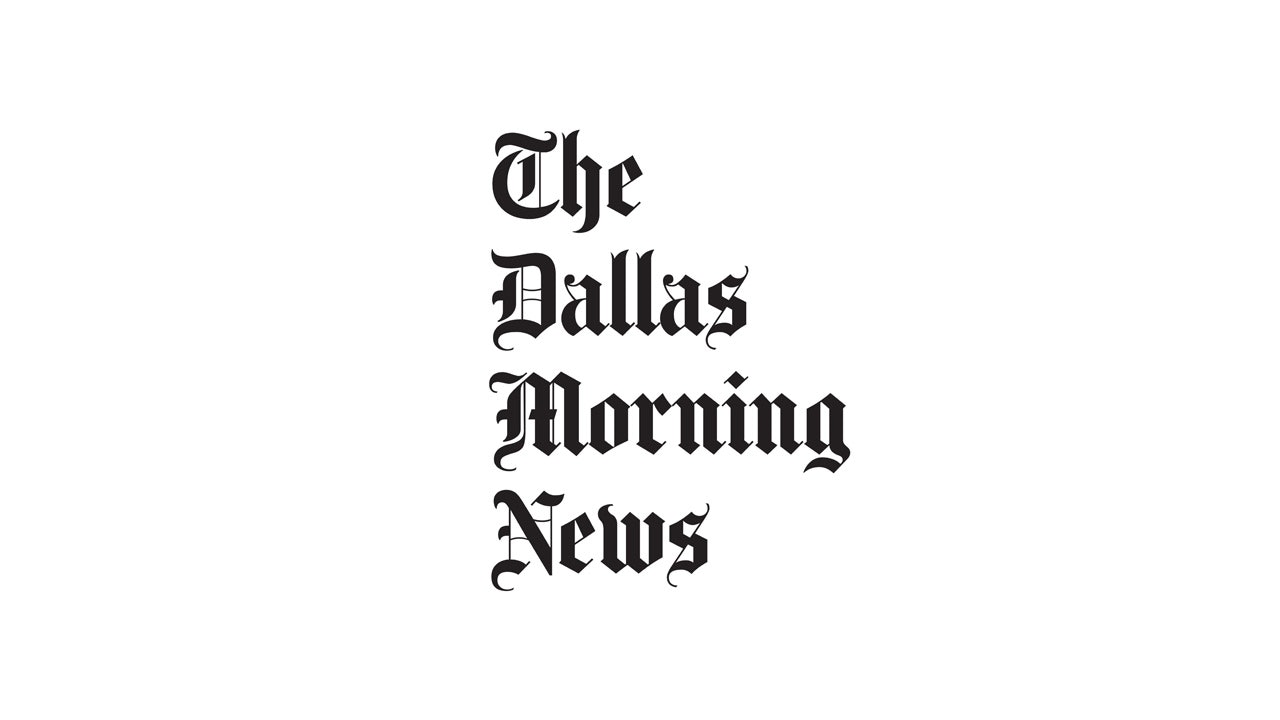For the past three years, the Alliance to Reform Education Leadership (AREL) has worked to improve and support innovative principal preparation...
For the past three years, the Alliance to Reform Education Leadership (AREL) has worked to improve and support innovative principal preparation programs, and during that time we have seen exciting advancements in principal preparation. A unique partnership was formed between Teaching Trust, an AREL principal preparation program, and Southern Methodist University’s Simmons School of Education and Human Development that develops aspiring education leaders. The Lynch Leadership Program at Boston College revamped its entire program, more aligned to our AREL standards.
Even with the progress we’re making to rethink principal preparation, this is only half the equation. Finding stronger talent and training them well is the first part.
Then, these leaders need to be placed in districts and charter management organizations where the conditions enable them to succeed. If we continue to put carefully selected and well-trained professionals in districts where the conditions are challenging at best and untenable at worst, we set these principals, and our nation’s students, up for failure – and squander the talent that has been developed.
Principals matter, and they contribute greatly to the success of students and teachers. If we truly want to see improvements in student achievement across the country, we need to combine effective training for principals with effective conditions in districts.
Well-trained principals should excel because of, and not in spite of, the systems they work in. AREL has recently released a report co-authored with New Leaders called Great Principals at Scale: Creating District Conditions That Enable All Principals to Be Effective.
One of the conditions we highlight is that districts should have a culture of joint responsibility for achieving shared student outcome goals. At times, a district’s central office plays a hierarchical command-and-control role, handing out one-size-fits-all mandates.
There is a “gotcha” mentality when following up with principals. Instead, we recommend that central office and schools act in partnership, where everyone feels as if they are on the same team, working together in the best interest of students.
We see this condition illustrated in a few districts across the country. In Dallas ISD, for example, principal mangers, called executive directors, will be evaluated with a new tool during the 2014-2015 school year.
Their evaluation will be based on their performance in support of schools and principals to improve student academic achievement in the small group of schools they manage. These executive directors will be held accountable for the student success in the schools they manage, incentivizing them to partner more closely and collaboratively with the principals.
In Denver Public Schools, each principal manager (instructional superintendent) is assigned a team of 10 partners in key central office departments, such as human resources or special education to assist the group of schools they oversee. Every principal knows exactly who to call for the various services and supports they need in their schools.
And finally, in Hillsborough County Public Schools, their central office has a theme, “We deliver excellence.” This is seen in all the central office staff do.
For example, central office staff are trained that if they receive a call or email that is not handled by their department, they do not simply redirect the principal. Instead, they work to help the principal find exactly what he or she needs in order to save them valuable time, enabling the principals to spend their time on teaching and learning instead of navigating bureaucracies.
We are excited that principals and their preparation are in the spotlight in today’s discussion around improving education. However, we know that if we do not also focus on improving district conditions, we will never be able to truly scale effective leadership.
Jacquelyn Davis is an education reform fellow at the George W. Bush Institute
Image via Simon Cunningham

























